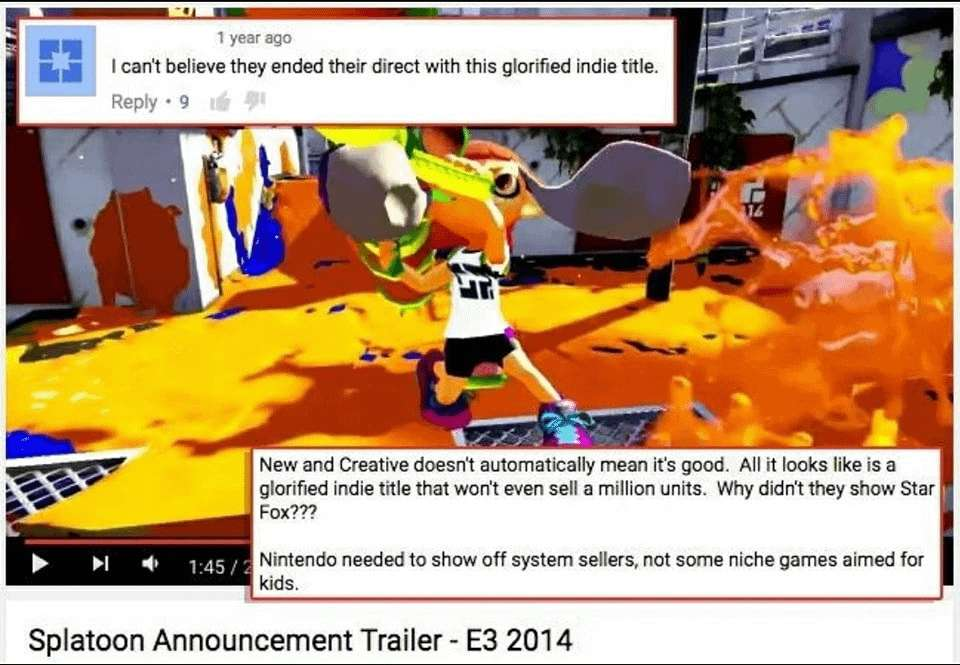this post was submitted on 11 Jun 2024
104 points (100.0% liked)
games
20609 readers
196 users here now
Tabletop, DnD, board games, and minecraft. Also Animal Crossing.
-
3rd International Volunteer Brigade (Hexbear gaming discord)
Rules
- No racism, sexism, ableism, homophobia, or transphobia. Don't care if it's ironic don't post comments or content like that here.
- Mark spoilers
- No bad mouthing sonic games here :no-copyright:
- No gamers allowed :soviet-huff:
- No squabbling or petty arguments here. Remember to disengage and respect others choice to do so when an argument gets too much
founded 4 years ago
MODERATORS
you are viewing a single comment's thread
view the rest of the comments
view the rest of the comments

I think gaming is particularly interesting in how different genres originated from technical limitations as much as anything, and so have maintained designs that simulate situations we now have the technology to just depict in order to preserve the genre - you were kind of right in that metroidvanias are designed to create that perception of a big, open, connected world, and we now have the technology to make open world games, but metroidvanias are actually designed as very tightly developer controlled experiences that steer you through a maze along an ultimately linear path between upgrades and/or bosses. The connection between exploring the maze and unlocking more ways to explore it are really the core gameplay loop, so dropping either part changes the most important parts of the game.
I think open world games can pull some ideas from metroidvanias, but I can't see a way to square the circle of making a maze without the maze.
I don't think they're all linear. Only linear along segments that are strictly limited to requiring a specific tool. Sometimes you can have more than one way to access areas, and thus allow many different routes through the game. In a way BotW 2 enables this kind of approach to breaking the game with the utterly janky physics shit you can pull of in it.